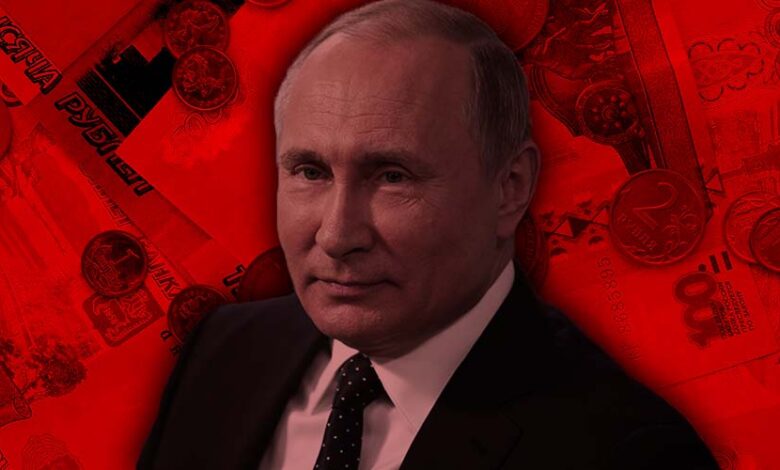EU approves 17th latest sanctions against Russia over Ukraine war

The European Union has endorsed a fresh wave of sanctions against Russia in response to its continued military aggression in Ukraine, warning that further punitive measures will follow if Moscow rejects a proposed 30-day unconditional ceasefire backed by the United States and allied nations.
This latest diplomatic effort comes as Ukrainian President Volodymyr Zelenskyy publicly calls on Russian President Vladimir Putin to engage in direct peace negotiations in Turkey—a move reportedly supported by former U.S. President Donald Trump. However, the Kremlin has not confirmed whether Putin will attend such talks in Istanbul.
“If President Putin fails to attend and continues to stall, it becomes clear he has no interest in ending this war,” Zelenskyy stated.
The sanctions, which form the EU’s 17th package since the war began in February 2022, were agreed upon by EU ambassadors during a Wednesday morning meeting and are expected to be formally adopted by foreign ministers in the coming days.
Significantly, Hungary—an outspoken critic of EU sanctions who has previously delayed renewals—did not oppose the latest measures. Diplomats noted the relatively smooth negotiations may reflect the targeted nature of the new restrictions.
European Commission President Ursula von der Leyen reiterated the bloc’s commitment to maintaining pressure on Moscow. “This war must stop. We will keep up the pressure,” she said.
Targeting Russia’s ‘Shadow Fleet’
A key focus of the new sanctions is Russia’s so-called “shadow fleet”—a network of aging, often uninsured oil tankers used to bypass Western embargoes and sustain critical revenue streams for the Kremlin’s war chest.
These vessels are suspected of various deceptive tactics, including disabling tracking systems, falsifying cargo information, and transferring oil at sea to obscure its origin. Some have even been linked to sabotage against key infrastructure.
To date, 153 tankers have been barred from EU ports and maritime services. The latest package adds 189 more, bringing the total to over 350.
Additional Sanctions on Companies and Chemicals
The sanctions list also includes 75 individuals and over 30 companies believed to support Russia’s military operations. Several of the entities are based in nations such as Kazakhstan, Serbia, Turkey, Uzbekistan, Vietnam, and the UAE, and are accused of supplying goods with potential military applications in defiance of Western export controls.
Additionally, the EU will now ban the export of certain chemicals manufactured in Europe that could be used in missile production.
Preparing for More Sanctions
While the 17th sanctions package nears completion, EU officials are already drafting contingency plans for further action should Moscow continue to ignore diplomatic overtures.
“If there’s no movement towards a ceasefire, we are indeed preparing additional sanctions,” a European Commission spokesperson confirmed.
French President Emmanuel Macron, in a televised address, pointed to Russia’s financial, oil, and gas sectors as possible next targets.
He stressed the need for a comprehensive ceasefire on all fronts—land, air, and sea—to enable negotiations around territorial disputes and long-term security arrangements.
Despite Hungary’s current cooperation, there are concerns that Budapest could obstruct more robust measures in the future. To that end, Brussels is exploring legal and procedural options to sidestep potential vetoes and maintain the momentum of its sanctions regime.
“These discussions are not easy,” admitted Valdis Dombrovskis, the EU Commissioner for Economy. “But we’ve managed to find consensus repeatedly. All options must remain open as we move forward.”




